Learn Python Programming. An in-depth introduction to the fundamentals of Python - Third Edition Fabrizio Romano, Heinrich Kruger
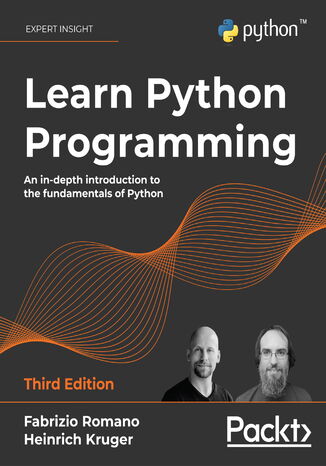



- Autorzy:
- Fabrizio Romano, Heinrich Kruger
- Wydawnictwo:
- Packt Publishing
- Ocena:
- Stron:
- 554
- Dostępne formaty:
-
PDFePubMobi
Opis
książki
:
Learn Python Programming. An in-depth introduction to the fundamentals of Python - Third Edition
This revised edition covers the latest updates on API management, packaging applications, and testing. There is also broader coverage of context managers and an updated data science chapter.
The book empowers you to take ownership of writing your software and become independent in fetching the resources you need. You will have a clear idea of where to go and how to build on what you have learned from the book.
Through examples, the book explores a wide range of applications and concludes by building real-world Python projects based on the concepts you have learned.
Wybrane bestsellery
Fabrizio Romano, Heinrich Kruger - pozostałe książki
Packt Publishing - inne książki
Dzięki opcji "Druk na żądanie" do sprzedaży wracają tytuły Grupy Helion, które cieszyły sie dużym zainteresowaniem, a których nakład został wyprzedany.
Dla naszych Czytelników wydrukowaliśmy dodatkową pulę egzemplarzy w technice druku cyfrowego.
Co powinieneś wiedzieć o usłudze "Druk na żądanie":
- usługa obejmuje tylko widoczną poniżej listę tytułów, którą na bieżąco aktualizujemy;
- cena książki może być wyższa od początkowej ceny detalicznej, co jest spowodowane kosztami druku cyfrowego (wyższymi niż koszty tradycyjnego druku offsetowego). Obowiązująca cena jest zawsze podawana na stronie WWW książki;
- zawartość książki wraz z dodatkami (płyta CD, DVD) odpowiada jej pierwotnemu wydaniu i jest w pełni komplementarna;
- usługa nie obejmuje książek w kolorze.
Masz pytanie o konkretny tytuł? Napisz do nas: sklep@helion.pl
Książka drukowana




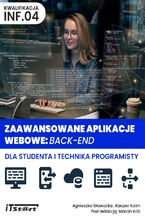
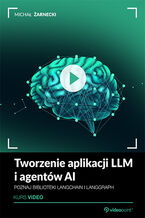
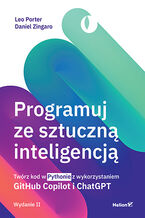


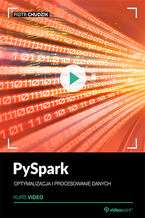



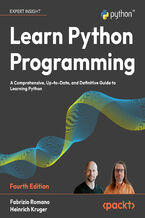

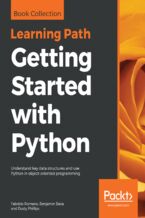
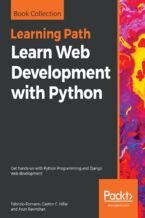
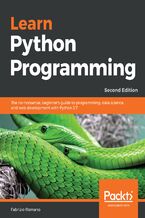
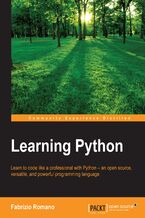
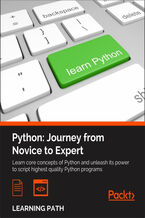
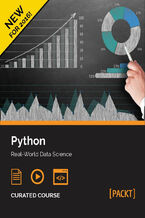







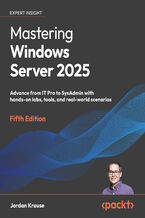
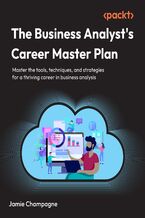
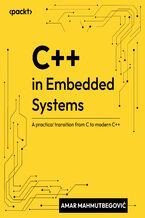
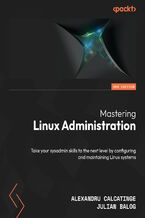
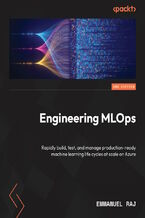
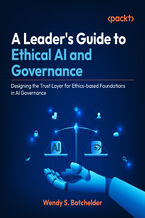
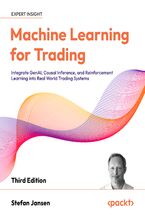
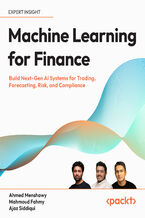



Oceny i opinie klientów: Learn Python Programming. An in-depth introduction to the fundamentals of Python - Third Edition Fabrizio Romano, Heinrich Kruger
(0)